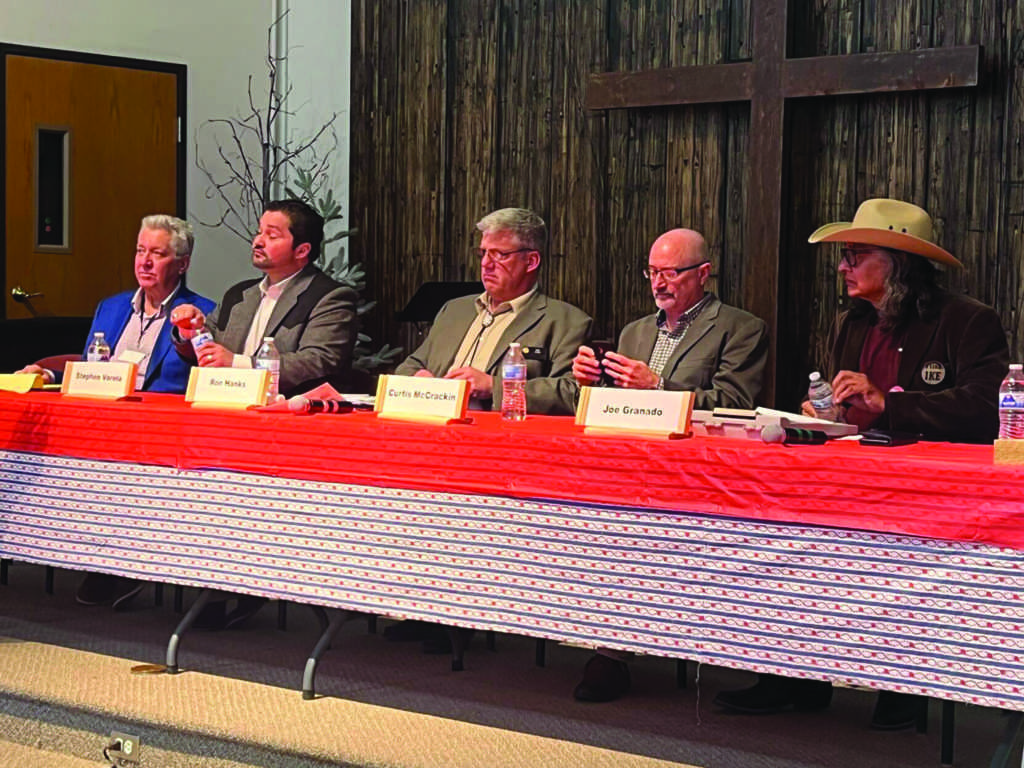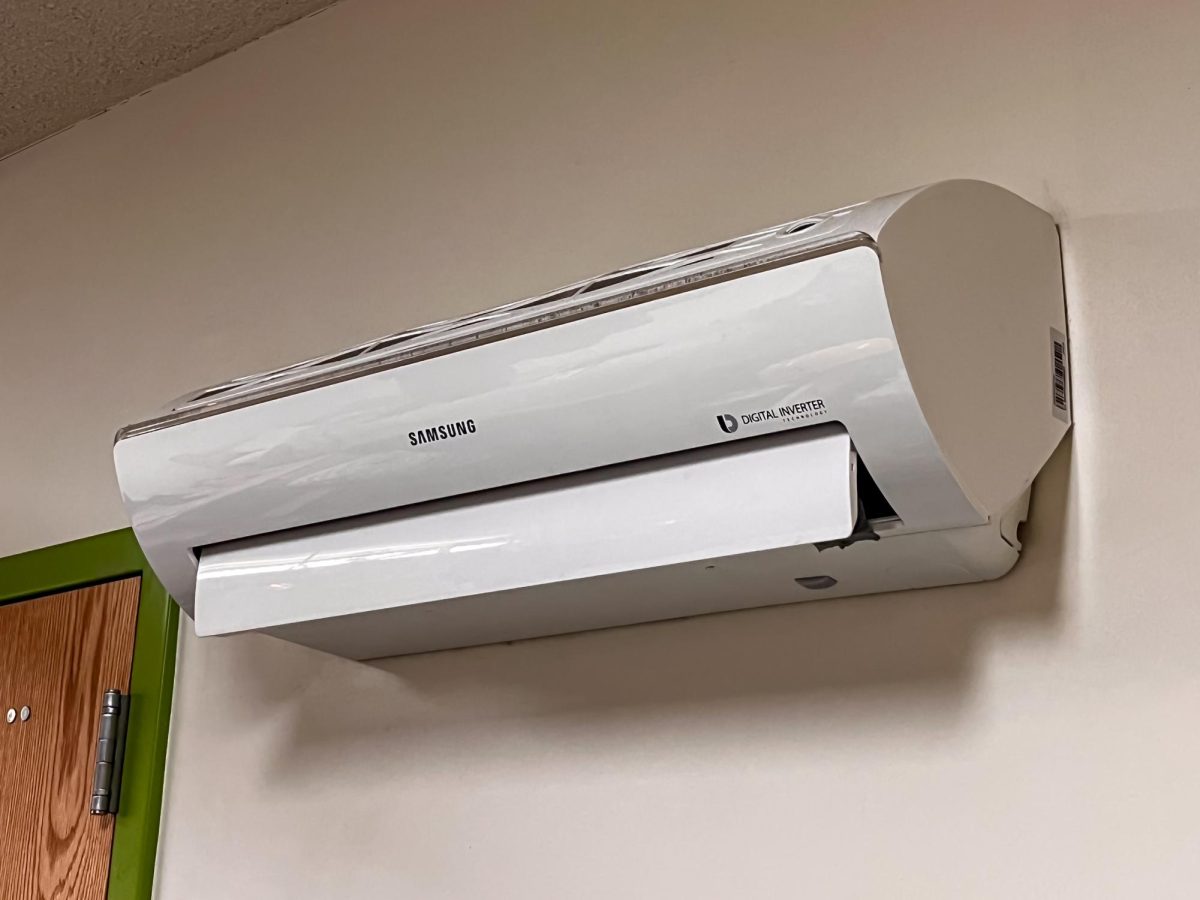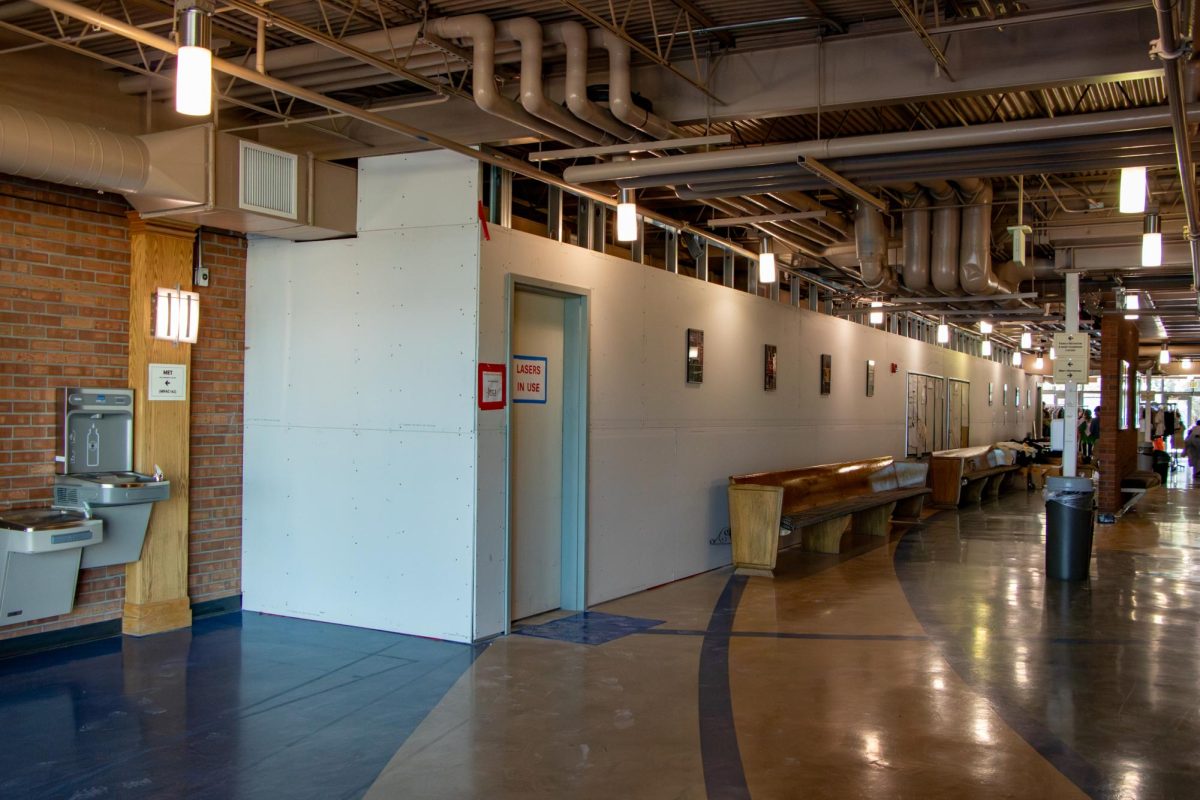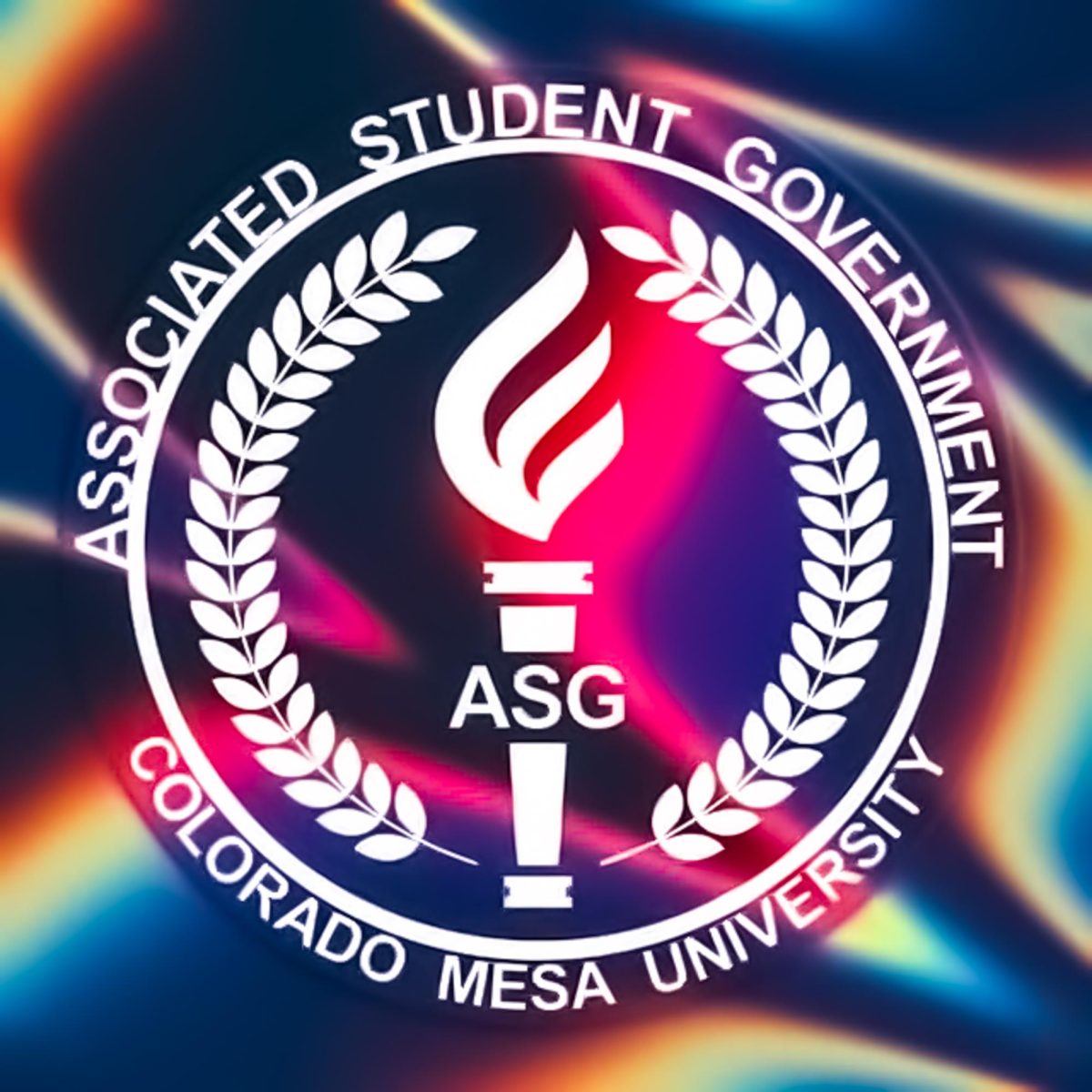Two ballot issues regarding funding for District 51 will be considered by local voters during the upcoming election on Nov. 7. The issues, 3A and 3B, propose a tax and debt increase.
Ballot Issue 3A concerns an increase of $6.5 million annually, through an added property tax mill levy in addition to the levy already authorized for the district’s general fund. The funds gathered from this tax will be used to add five more days to the school calendar, implement additional staff training, provide up-to-date technology and improve and update school facilities.
Ballot Issue 3B concerns an increase in the debt of District 51 to $118.5 million with a final repayment cost of $219 million. To repay this debt district taxes will be increased to $13.5 annually. The proceeds from this increase will be used to replace the Orchard Mesa Middle School with a new building, repair or upgrade the heating and air conditioning systems of facilities to assure the health and safety of students and add gymnasiums to the Dual Immersion Academy Elementary School (the only elementary school without a gym) and Palisade High School (the only high school without a secondary gym).
Proponents for the ballot issues include the idea that the funding will allow for five additional school days, aimed at bringing District 51 closer to the national average of 180, instead of the Colorado average of 171 (which is likely lower due both to snow days and the fact that 98 out of 178, or 55 percent, of state districts, utilize the four-day school week).
The ballot issues both respond to the idea that the school district has been historically underfunded, allowing facilities to fall into disrepair. The Orchard Mesa Middle School is one of the prominent concerns of the issues. Built in 1960, the school has asbestos ceiling tiles, flooring beyond repair and a plumbing system that causes the air to smell like sewage, according to the written comments in the Mesa County Elections Tabor Information booklet.

Citizens for the ballot issues argue that the learning environment does affect student performance, including Colorado Mesa University President, Tim Foster. Foster endorsed the ballot measure in an opinion piece for The Daily Sentinel as a guest columnist. In this piece, Foster wrote that although he didn’t consider the ballot issues perfect, he thought the support for “quality facilities” and the school board’s “specific and strong list of maintenance projects” outweighed any negative attributes.
He also argued that the added school days could help combat the need for remediation at the college level.
Foster said his endorsement was something he did as a private citizen but acknowledged that he was aware The Sentinel would print his position at the bottom and make this fact transparent for their readers. Though Foster said he doesn’t participate in politics as much as he used to, he believes these ballot measures will impact the university, therefore he, as well as the board of trustees, took a stance.
“Something that’s in the bailiwick, the educational nature, I think that is fine,” Foster said of his decision to support a political decision, despite his position at a public institution.
According to Foster, there is historical precedent at CMU for such support. The board of trustees often has political issues brought to them, but Foster said they would not take a stance unless the issue directly related to the university. He compared this decision to his earlier support in an email of Deferred Action for Childhood Arrivals (DACA) students; both the funding of District 51 and the Trump Administration’s decision to not renew DACA directly affected students in Mesa County and at CMU.
Though Foster felt his position only allowed him an endorsement, the board of trustees recently passed a unanimous resolution in support of 3A and 3B. The board was enthusiastic in response to the issues and felt that since many CMU students are from District 51 schools, raising their quality of education could affect the quality of education at the university as well, according to Foster.

During the general assembly meeting of the CMU Associated Student Government on Oct. 12, Student Trustee Beau Flores discussed the resolution. According to Flores, the board of trustees acknowledged the resolution does not have a direct effect on CMU, but wanted to pass it as a gesture of support to the community.
“They both agreed that if they endorsed this resolution, that this would help the community and K-12 would better students for CMU,” Flores said before the meeting, which echoes the ideas of Foster as well.
Foster also sees the ties between the success of the community and the success of CMU.
“I think it’s good for us culturally, you know, the better the community does, the better we do, and the better we do, the better the community does. That’s a very holistic, inter-related sort of thing. If this community is thriving, it’s more attractive to students outside of the region to come here,” Foster said.













